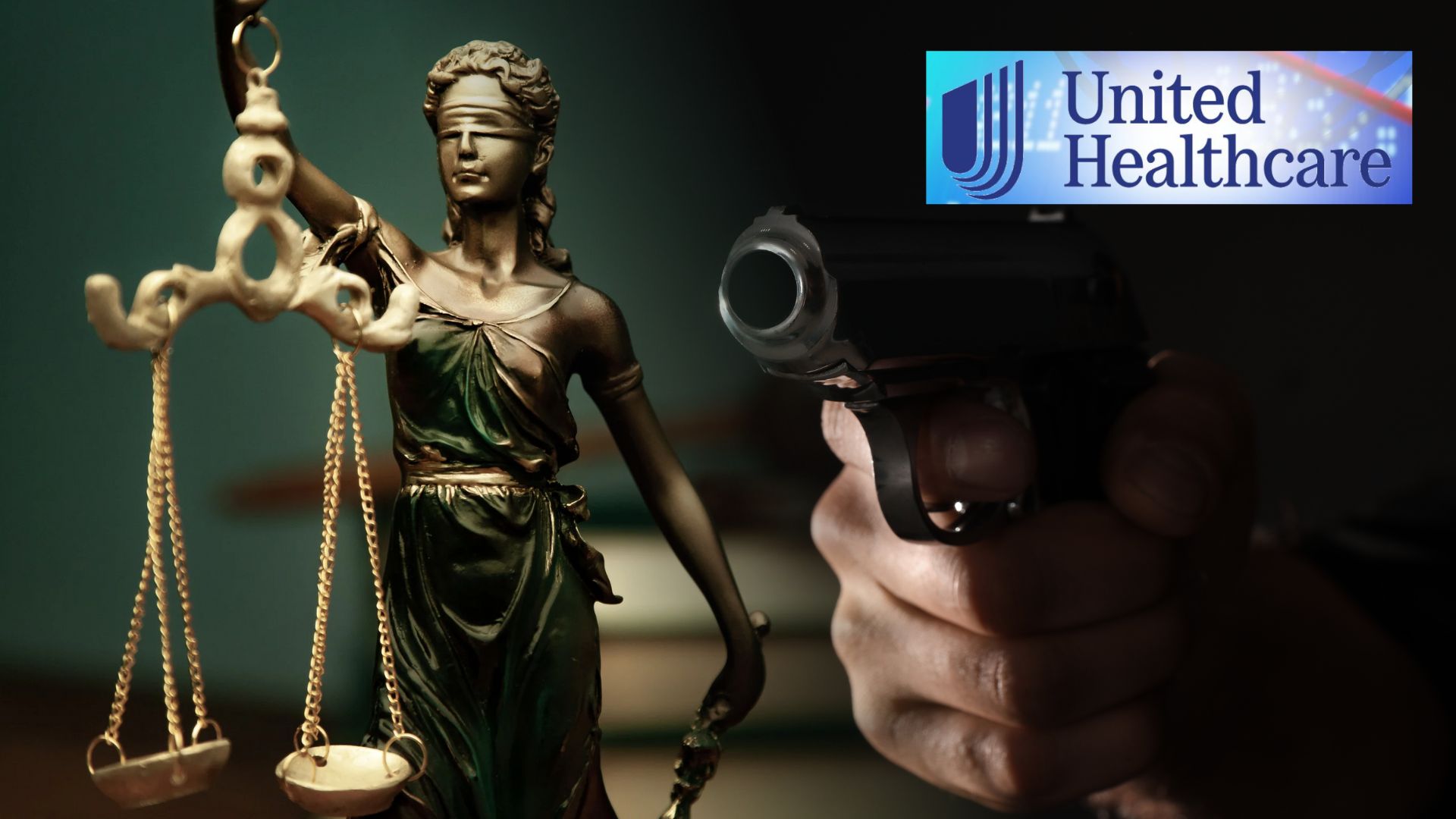Luigi Mangione Pleads Not Guilty to Killing UnitedHealthcare CEO Brian Thompson
Luigi Mangione, a 26-year-old Maryland man, has pleaded not guilty to federal murder charges stemming from the December 4, 2024, killing of Brian Thompson, the CEO of UnitedHealthcare. The Mangione case, charged in both federal and state courts, has sparked wide-ranging debates, touching on topics from the state of healthcare to the limits of acceptable dissent. Here’s what we know so far and what the broader implications might mean.
The Incident That Shocked a Nation
Early that December morning, Brian Thompson was walking near his hotel in Midtown Manhattan when he was shot multiple times with a silenced handgun. Federal prosecutors allege that Mangione had meticulously tracked Thompson’s movements for days before carrying out what they describe as a “premeditated execution.”
Mangione’s motive appears deeply tied to his grievances against the U.S. healthcare system. A handwritten manifesto found in his possession reportedly criticized insurance companies as being “parasitic” and highlighted the stark contrast between high healthcare costs and relatively low life expectancy in the country. These details have stirred intense public discussion, with some viewing it as a chilling act of personal vendetta, while others see it as a misguided cry of frustration from someone disillusioned by a broken system.
The Charges Against Mangione
Mangione faces multiple federal charges, including murder through the use of a firearm, two counts of stalking, and discharging a firearm equipped with a silencer. If convicted, these charges could lead to the death penalty or life imprisonment. On the state level, Mangione has also been indicted for terrorism-related murder in New York, among other charges.
This is notably the first federal case seeking the death penalty since the reinstatement of executions under President Trump’s administration. While the death penalty is not permitted in New York state, federal law allows it in certain cases, igniting a secondary debate about the morality and politics of capital punishment.
A Broader Debate on Healthcare and Violence
The killing has brought into focus simmering tensions over the American healthcare system. Thompson, at the helm of one of the nation’s largest health insurance providers, was seen as a symbol of the industry. This tragedy has prompted conversations not only about corporate accountability but also about ethical boundaries when dealing with societal frustration.
Elliott Gorn, a historian from Loyola University Chicago, noted, “The incident seemed to open the floodgates for discussions about the grievances many Americans have with healthcare. It put into stark relief just how personal these challenges can feel to people across the country.”
According to the Kaiser Family Foundation, more than 40% of Americans struggle with medical debt, and the U.S. spends nearly double per capita on healthcare compared to other developed nations while achieving worse overall health outcomes. However, as some point out, there is a profound and necessary distinction between airing frustrations through peaceful protest and resorting to violence.
The Mixed Reaction Outside the Courtroom
Outside Mangione’s arraignment in Manhattan federal court, the public’s emotions were on full display. A small group of supporters viewed him as a man driven to a tragic breaking point. Lindsay Floyd, an activist present at the courthouse, argued, “We have to ask what drives someone to this extreme. This isn’t a defense of his actions but a call to examine the conditions that led up to them.”
Yet, for many others, it’s impossible to overlook the devastating impact on Thompson’s family, friends, and colleagues. A New York Police Department spokesperson emphasized that “violence cannot and will never be the answer to anyone’s grievances, no matter how legitimate they may feel.”
A Carefully Orchestrated Crime
Court documents reveal how methodical Mangione’s actions were in the days leading up to the murder. He reportedly arrived in New York about 10 days before the crime, checked into a hostel under a false identity, and conducted reconnaissance around Thompson’s hotel and business meetings. On the morning of the murder, Mangione positioned himself between parked cars on a quiet Manhattan street and used a bicycle for his escape, blending into the city’s morning rush.
Mangione’s eventual arrest in Altoona, Pennsylvania, came after a week-long manhunt. Employees at a local McDonald’s tipped off police when they recognized him from circulated photos. At the time of his arrest, Mangione was found with the murder weapon, a fake ID, and other evidence tying him to the crime.
A Moment of Reflection for Readers
When high-profile crimes like this one surface, they can leave us looking at two levels of tragedy. On one hand is the personal loss. Brian Thompson’s death was an irreparable blow to his family and colleagues, whose grief can only be imagined. On the other hand, these events invite us to consider the societal pain points that may have contributed to such an act.
For all the ways we might process this story, one thing is worth remembering. Violence doesn’t amplify a cause, nor does it fix what is broken. What Mangione allegedly did highlighted pain, but at a catastrophic cost to innocent lives. For those frustrated with structural issues like healthcare, the ways forward are numerous—but they have to be rooted in dialogue, advocacy, and action that heal rather than harm.
This case, as it unfolds, will continue to raise hard questions about how our systems serve us and how we respond when they don’t. And in the face of it all, perhaps the most important question you and I can ask ourselves is this: When faced with difficult challenges, how can we advocate for change while holding on to our shared humanity?


